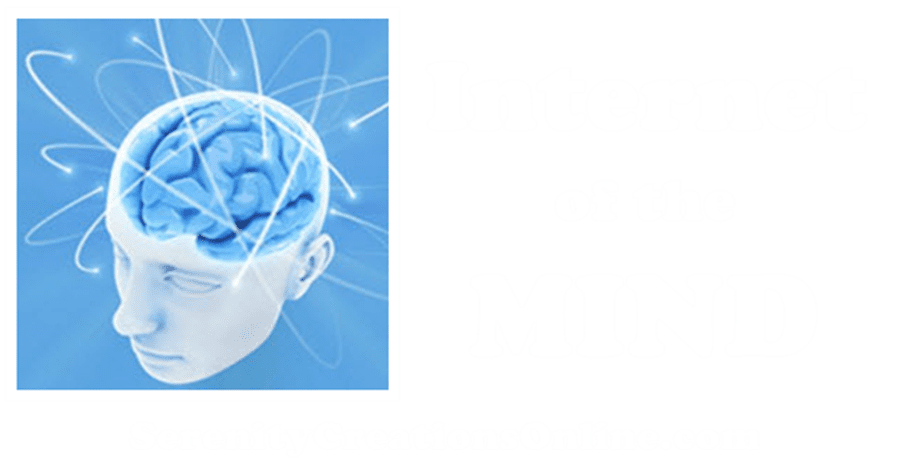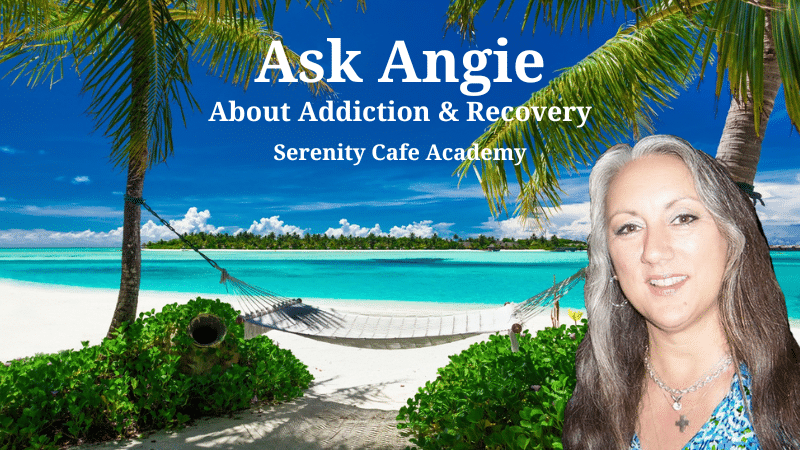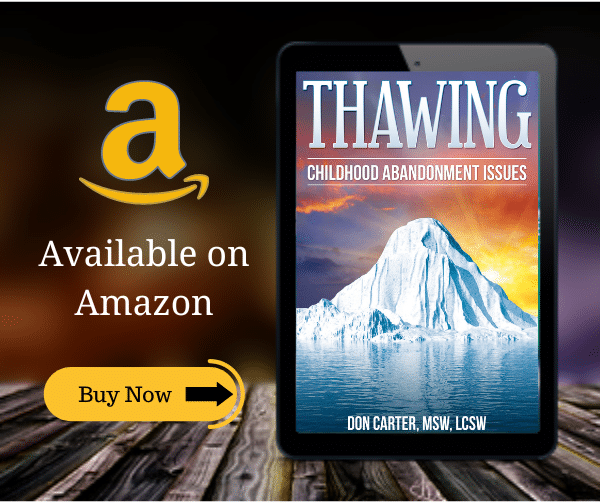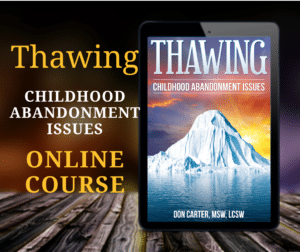
What is Adult Children of Alcoholic Syndrome?
What is Adult Children of Alcoholic Syndrome? For short, they use the term Adult Child or ACoA. The term “Adult-Child” best reflects the responses we frequently engage in, namely childlike fear, temper outbursts, shame, and self-doubt, when “triggered” vs healthy adult coping skills. We question our self-worth and many times feel disconnected from life.
Adult Children of Alcoholic Syndrome

Contact Angie at Carter Counseling and Consulting Services
‘Syndrome’, as defined by the dictionary, is a group of signs and symptoms that are characteristic of a specific disease or other disorder. It can also mean events that form a recognizable pattern, especially of something undesirable. If one is raised in a home where alcoholism is prevalent, certain patterns of thinking, feeling, and behaving can emerge from that upbringing.
I am an Adult of Child of an Alcoholic. For short, Adult Children of Alcoholics use the term Adult Child or ACoA. The term “Adult Child” best reflects the responses we frequently engage in, namely fear and self-doubt when dealing with adult interactions. We question our self-worth and many times feel disconnected from life.
There is also a list of characteristics from the Adult Children of Alcoholic Handbook that helps many individuals evaluate their situation and determine if they have this particular syndrome. It is called the “laundry list.” Here is a condensed version of that list adapted from the Adult Children of Alcoholic and other Dysfunctional Families book.
- We became isolated and afraid of people and authority figures.
- We became approval seekers and lost our identity in the process.
- We are frightened by angry people and any personal criticism.
- We either become alcoholics, marry them or both.
- We live life from the viewpoint of victims.
- We have an overdeveloped sense of responsibility and it is easier to be more concerned with others, this enables us not to look too closely at our own faults.
- We experience guilt feelings when we stand up for ourselves instead of giving in.
- We became addicted to excitement.
- We confuse love and pity and tend to love people we can rescue.
- We have stuffed our feelings from our traumatic childhoods and lost the ability to express them.
- We judge ourselves harshly and have a very low sense of self-esteem.
- We are dependent personalities who are terrified of abandonment.
- We took on characteristics of alcoholism even though we may not drink.
- Codependents are reactors rather than actors.
Most of these characteristics have an opposite that can also affect an Adult Child. For example, we may fear authority figures – but then became an authority figure, possibly to our children, spouses or others. Most of my characteristics of being an Adult Child fell into this category. These behaviors form the “other laundry list” which includes:
- Becoming a dominant authority figure
- Victimizing others and projecting blame
- Fits of rage and cursing
- Engaged in fighting that goes beyond mere words
- Stolen merchandise, written bad checks and possibly embezzled money
It is very difficult for Adult Children of Alcoholics to give or receive love as we have not experienced healthy role modeling in this area. What we think is love or intimacy, in reality, is codependency or intensity. Many Adult Children drown out childhood of origin feelings through a variety of addictive and compulsive behaviors. Because of the alcoholism and dysfunction in my family, I also turned to alcohol and other unhealthy coping mechanisms. I was sober many years before I was able to see and deal with these particular issues. I eventually knew that if I didn’t address and work on these concerns that I would not be able to sustain a healthy marital relationship.
Taking an inward journey of this type is never an easy thing to do. It can be very painful going through the process of uncovering, discovering and discarding. Personally, I used a combination of therapy and a 12-step process in order to do this. I have made great strides in healing the trauma and dysfunction from my past, but for me, it is an ongoing process. The progress of healing is evidenced in my present-day relationships and marriage.
Some of the obstacles in doing this type of work can be feelings of guilt associated with betraying our parents as we explore how the dysfunction of our upbringing has impacted us. One of the first things we learn as we begin our journey is to understand the difference between blaming our parents vs getting honest about the reality of our childhood experiences. Simply put, my mother (father was absent) did the best she could and she loved all of her children.
This does not mean there was no dysfunction. There was. In recovery from Adult Children of Alcoholics Syndrome, I learned how to continue the love for my mother, get honest about what happened, and take the necessary steps in order to heal from it. I eventually also experienced forgiveness towards my father for the abandonment.
I encourage anyone who feels they may be affected by Adult Child Syndrome, to research it further and experience the freedom that healing can bring. There is a profound quote that has stuck with me for many years and that ‘Pain is inevitable’ suffering is optional”. There is hope and there is help.
About the Author
Angie Carter, CRADC, SAP is a certified alcohol and drug counselor in the State of Missouri and DOT certified Substance Abuse Professional. She is in private practice with her husband at Carter Counseling & Consulting Services in Central Missouri. Angie primarily sees clients in the office but is also available for online or telephone coaching, counseling, or consultation. Click here to contact Angie with your questions or feedback.




